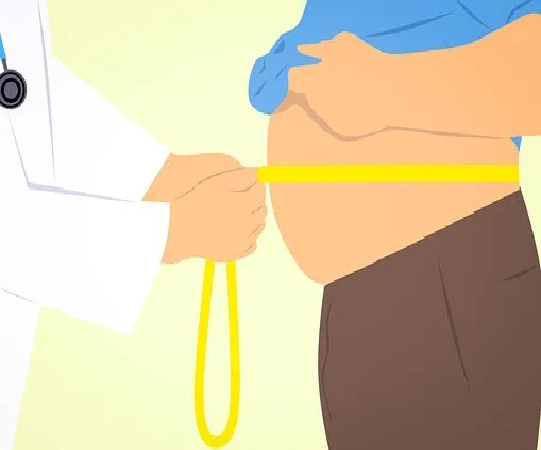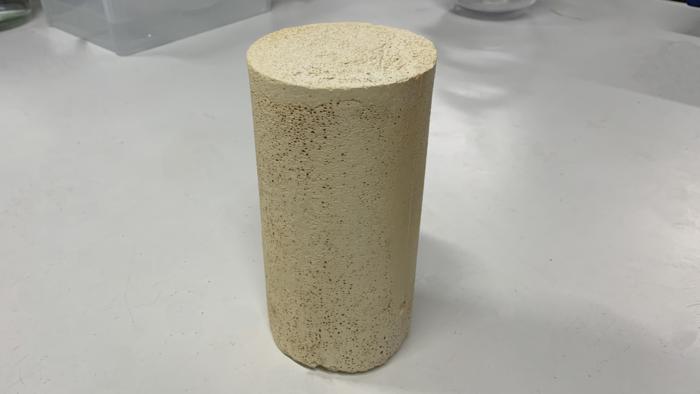According to the transportation industry, paved roadways are only “occupied” or have vehicular traffic 10% of the time. The idea of turning roadways into solar energy resources is a no-brainer providing the technology is cheap, easy to install and safe.
IndustryTap has reported on the World’s First Solar Road in the Netherlands which has been generating more power than expected, the prospect of 4 million miles of solar roads in the United States, and Scott Brusaw’s Indiegogo campaign to raise money for his Solar Roadways startup. But to date, installed solar roads have been bulky, prohibitively expensive to install, and of questionable safety.
Enter Wattway Ultra Thin Solar Panels by Colas
Now, France is planning to build 621 miles (1,000km) of solar paneled roads using Wattway solar pavement from Colas. It’s becoming more and more obvious that roadways around the world, baking under the sun, can be used to harvest power if only solar panel technology advances enough.
According to Colas, Wattway is the world’s first photovoltaic road surface that is practical for mass installation. Wattway is a French innovation, the fruit of five years of research at Colas and INES (French National Institute for Solar Energy). The new technology is ultra thin, like French Crepes,and combines road construction and photovoltaics to produce clean, renewable energy on roads and highways. Wattway can handle all types of traffic and is just a few millimeters thick.
Easy Installation & Great Performance
Colas Wattway panels can be installed directly on top of existing pavement. And an area just 215 ft.² (20 m²) can power a single French home. In addition to its energy performance, Wattway has been designed to resist the weight of traffic, adapt to roadway thermal dilation, and provide good grip and resistance.
The following video explains Wattway by Colas.






